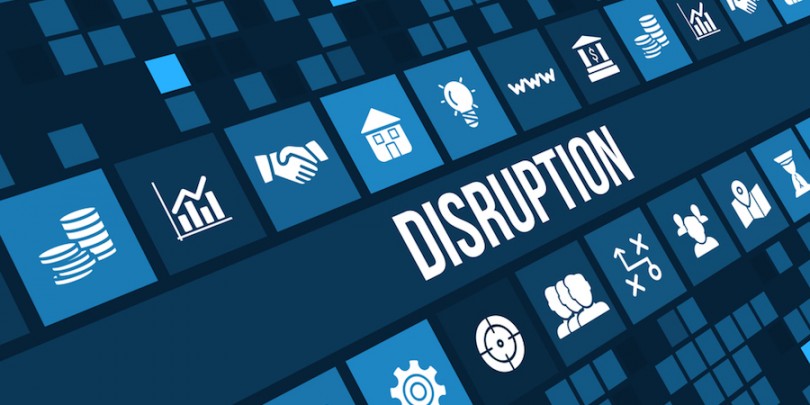The Rise of Embedded Finance
The way we interact with financial services is undergoing a dramatic shift. Embedded finance is rapidly changing the landscape, seamlessly integrating financial products into non-financial platforms. Imagine ordering groceries and effortlessly securing a loan for the purchase through the same app, or booking a vacation and automatically securing travel insurance. This seamless integration removes friction and increases accessibility, making financial services far more convenient for the average consumer. It’s a win-win, as businesses can offer additional revenue streams and users gain a more streamlined experience.
The Power of Open Banking and APIs
Open banking APIs are revolutionizing how data is shared and utilized within the financial ecosystem. This allows third-party developers to create innovative applications using authorized customer data, fostering competition and enhancing personalized financial solutions. Imagine personalized budgeting apps that connect to all your accounts, offering proactive insights and recommendations, or robo-advisors that dynamically adjust your investment strategy based on real-time market changes and your spending habits. The possibilities are truly endless and the increased competition drives innovation and better services for the end-user.

The Explosion of Digital Payments
Gone are the days of solely relying on cash and checks. Digital payment methods are now the dominant force, driven by the widespread adoption of smartphones and the development of secure, user-friendly payment platforms. From mobile wallets like Apple Pay and Google Pay to peer-to-peer payment apps like Venmo and Zelle, the ease and speed of digital transactions have drastically altered how we handle money in our daily lives. This has implications for traditional banking institutions, who are adapting to this shift to maintain relevance and customer loyalty in the increasingly competitive market.
The Growing Influence of Blockchain and Cryptocurrency
While still in its relative infancy, blockchain technology is poised to significantly disrupt the financial industry. Its secure and transparent nature offers the potential to streamline processes, reduce costs, and enhance security in areas such as cross-border payments and supply chain finance. Cryptocurrencies, although volatile, continue to gain traction as an alternative investment asset and payment method, forcing established financial institutions to explore and understand this new landscape, whether they embrace it or not. The impact of both on the long-term financial future is still evolving but significant changes are certainly coming.
The Rise of AI and Machine Learning in Fintech
Artificial intelligence and machine learning are transforming how financial services are delivered. These technologies are used in fraud detection, risk assessment, algorithmic trading, and personalized financial advice. AI-powered chatbots provide instant customer support, while sophisticated algorithms analyze vast datasets to identify trends and predict future market movements. This increased automation and data analysis leads to more efficient and personalized services, benefitting both businesses and consumers. It’s a crucial component of improving the user experience and making finance more accessible.
The Increasing Importance of Cybersecurity
With the rapid growth of digital financial services, cybersecurity has become paramount. Protecting sensitive financial data from cyber threats is crucial to maintaining trust and preventing financial losses. Fintech companies are investing heavily in advanced security measures, employing robust encryption techniques, and implementing multi-factor authentication to safeguard user information. This ongoing battle between security innovators and cybercriminals highlights the importance of maintaining vigilance and prioritizing security in every aspect of the evolving digital financial system.
The Democratization of Financial Services
Fintech’s disruptive power is particularly significant in making financial services more accessible to underserved populations. Mobile money platforms, micro-lending services, and digital banking solutions are bridging the gap for individuals previously excluded from traditional banking systems. This increased access to financial services has the potential to improve financial inclusion, empower individuals, and drive economic growth, ultimately creating a more equitable financial system worldwide. It also opens a huge market for Fintech companies eager to tap into previously unserved populations.
Regulatory Challenges and Adaptations
The rapid pace of innovation in fintech poses significant challenges for regulators. Keeping up with the latest technological advancements and ensuring the safety and stability of the financial system necessitates a dynamic and adaptive regulatory framework. Governments and regulatory bodies worldwide are grappling with the complexities of balancing innovation with consumer protection and maintaining financial stability. This ongoing dialogue between regulators and fintech companies is crucial to fostering responsible innovation and ensuring a sustainable and secure financial future. Read more about what is fintech disruption.




